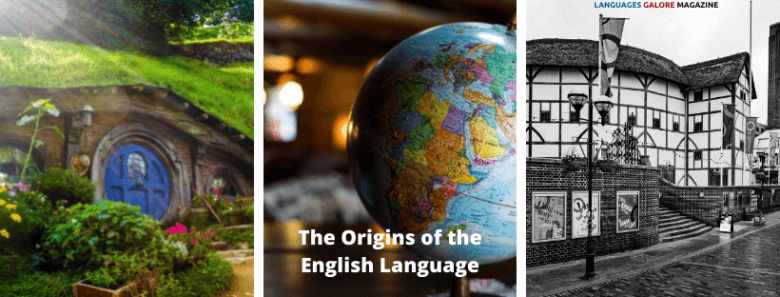This content has been created with the aid of AI.
This content has been created with the aid of AI.
This content has been created with the aid of AI.
In the ancient days of Native American folklore, there lived a mischievous and clever character named Coyote. Coyote was known far and wide as the ultimate trickster, and his stories have been told for generations around campfires. Coyote was a sly and cunning creature who could shape-shift and outwit just about anyone or anything. He …
It rains a lot in Britain, doesn’t it? So, it’s quite normal in English to have many different ways to describe the rain. We may have drizzle if the rain is very light, or a shower if it is a short period of rain, a downpour if it is heavy rain or we can say …
Languages evolve all the time. English, too, was born a long time ago, and has never stopped changing since then. It was born from a mixture of different languages brought by different peoples over more than 2000 years of history. You can imagine English as a big soup, where everybody contributed by putting in some …
Impariamo alcuni modi di dire relativi ai colori. Tra parentesi la traduzione letterale del modo dire e in corsivo la traduzione che si utilizza in italiano Red a red herring (un’aringa rossa) – una pista falsa / un depistaggio The detective found a lot of documents on the crime scene but they all turned out …
Clicca sulle flashcard per scoprire la traduzione in italiano di questi verbi frasali che si utilizzano per parlare del tempo atmosferico. Nell’elenco seguente troverai alcuni verbi frasali che si utilizzano per parlare di effetti del tempo atmosferico.



